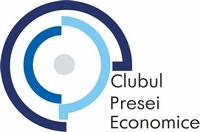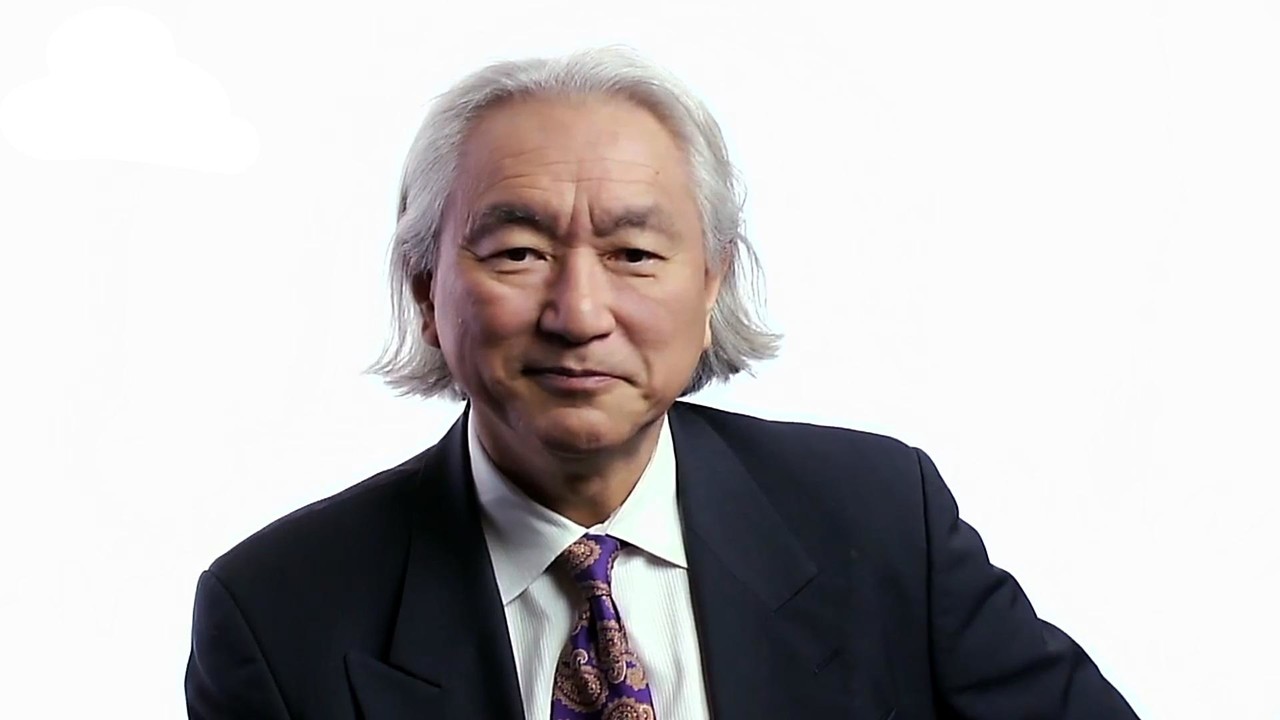A famous American physicist of Japanese origin, futurologist, founder of string theory and one of the smartest people in the United States according to the New York Times, became the main invited expert of the Moldova Business Week forum organized this week by the Investment Agency. On the eve of the event, LP met with Michio Kaku to identify the main trends in the world economy during the pandemic crisis.
— In your opinion, what are the main challenges of 2020 and where is the business world headed now?
— We are witnessing steady deflation in almost all countries. This is due to the forced slowdown of the global economy, a powerful wave of bankruptcies, mass layoffs, and the freezing of entire industries. In 2021 will come not just inflation, but hyperinflation. Given such prospects, what do governments do? Some of them launch printing presses, put mountains of «cash» into circulation, others borrow money, attracting huge loans. But sooner or later we will have to pay for everything, and our grandchildren will do it. Now the authorities need to be especially careful not to push future generations into a debt pit. At the same time, it should be understood that business has no chance for a quick «reset». The consequences of the pandemic will be longer than we think, and it will take years for the economy to recover.
— Which sectors of the economy are the best to invest in today, and which, on the contrary, will no longer provide a proper return?
— This year, the transportation, tourism, HoReCa, entertainment and sports industries suffered the most. They are now the most vulnerable to investment, and at all levels. Those areas that involve human contact are in crisis. Digital technology, as well as digital intermediation, are the ones on the crest of the wave! Why has Amazon become a giant? Why has «Uber» taken off so much? Because they replaced the various intermediaries with digital technology, i.e. they eliminated an unnecessary costly link. If you want to succeed, take any entrepreneurial niche, identify where there are middlemen and where people are highly frustrated, and digitize it all. Intermediary services — reselling with unnecessary price mark-ups, advertising that hits a wide audience, etc. — will definitely become a thing of the past. I am confident that digital transformation will very quickly help to get rid of the annoying presence of intermediaries in the economy, who do not add any real value to business processes. That is why investors are betting on a digital economy without parasites.
— How can small and medium-sized enterprises be preserved in these conditions and what are their chances of survival?
— Globalization is an inevitable trend, so some of these companies will continue to go bankrupt and especially quickly now, during the pandemic crisis. Many will take years to return to lost markets. Governments need to pay attention to those who have been left behind by the pandemic: in a democracy, these people vote too. In the 19th century, at the dawn of capitalism, Marxism emerged because of the large number of people left out, and in the 1930s, because of the Great Depression, labor unions emerged. Now the historical spiral is repeating itself. During the information revolution, when we are again at a crisis juncture, we need to do the same thing — create jobs and retrain people. They must learn how to use new technologies and become entrepreneurs. The time has come to create new norms of doing business and build a culture of entrepreneurship. For example, in the United States, I can start a company with a cell phone, but in many countries it is difficult because of bureaucracy and shortsightedness of the authorities.
— What do you mean by retraining people?
— The key to such education is exclusively in universities. It is there that it is necessary to form a class of people who can cope with new technologies and create new types of entrepreneurship. There are all the prerequisites for this today. When I was a kid, I watched Silicon Valley grow up in the empty space of northern Clifornia. The land there was cheap (almost $1 a year) and Stanford University was nearby: investors came one after another, as the area and graduates cost them nothing. Subsequently, these people became leaders of the Hi-Tech revolution, creating a global center of high technology and innovation on a vacant lot. So there is no secret to launching successful «silicon» analogs: it is a stable population, educated young people, a university education center, and government support.
— In addition to human resources, what should an investor focus on today?
— I am convinced: gold and oil are no longer indicators of prosperity. The world is changing thanks to the growth of technological capabilities, and we must rely on them. Intellectual capital has replaced valuable raw materials. Digital data is the «new oil» that will pay huge dividends in the near future.
— What, in your opinion, will help Moldova to overcome the pandemic crisis?
— Moldova now looks like a rocket that is about to take off. It has everything it needs for this: wine industry, agriculture, relative peace in the country, but most importantly — people, in whose education it is necessary to invest. The only thing missing for takeoff is the spark — investment in entrepreneurship to create new industries. And that involves reducing the tax burden, helping with subsidies, and creating a culture in which it is easy to organize strong new businesses.
Irina MATENKO, Economicheskoe Obozrenie «Logos Press»

